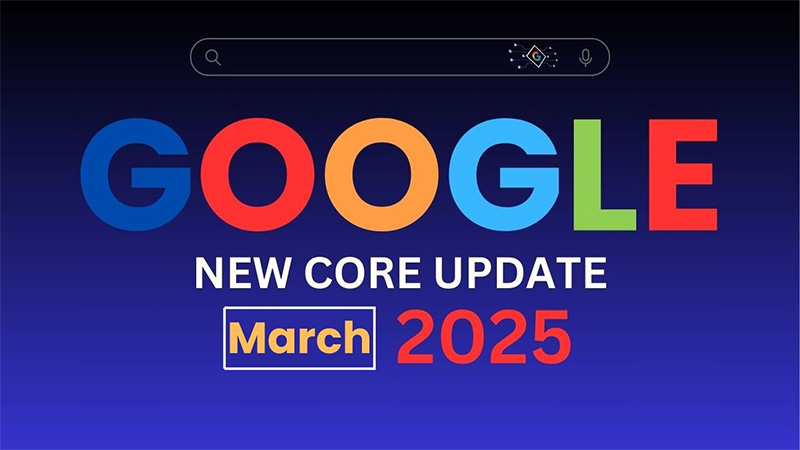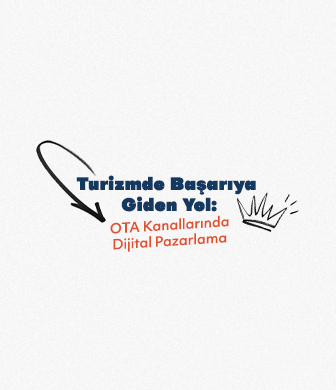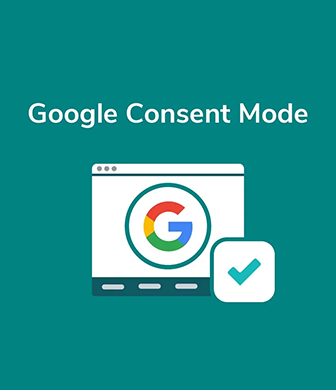

Who Wins the March 2025 Google Core Update?
On March 13, 2025, Google rolled out a new core algorithm update, creating a seismic wave across the SEO and digital marketing world. Even though the rollout isn’t yet fully complete, significant fluctuations have already been observed in the SERPs (Search Engine Results Pages). So why is this update so important? How might your website be affected? And what steps should you take now?
Key Details About the March 2025 Core Update
-
Launch Date: March 13, 2025
-
Rollout Duration: Expected to be completed within two weeks
-
Impact Scope: Global, affecting all languages and content types
-
Purpose: To improve rankings for high-quality and relevant content
-
Affected Features: Google Discover, featured snippets, and other search features
-
Recovery Strategy: Improve content based on Google’s content quality guidelines
Get Ready for More Frequent Google Updates in 2025
If this update feels major, fasten your seatbelt — it’s likely just the beginning of what could be a very active year for Google’s algorithm changes.
Looking at current trends, we can expect more frequent core updates and smaller search refinements throughout 2025.
Why So Many Updates?
Google is constantly evolving to better meet user expectations. In this process, AI, advanced relevance scoring, and content evaluation systems play an increasingly significant role.
How Does This Affect You?
In short: it’s time to be more proactive than ever.
To not only maintain but improve your rankings, focus on:
-
Improving content quality
-
Optimizing site performance
-
Enhancing user experience
This isn’t just about protecting your current rankings — it’s about standing out in an increasingly competitive SEO landscape.
Reaction from the SEO Community
According to authoritative sources like Search Engine Journal and Search Engine Land, this update is considered the most volatile core update in the past year. Many websites are experiencing dramatic fluctuations in traffic, particularly in industries like health, finance, and e-commerce.
Websites Likely to Benefit:
-
Sites offering user-focused and informative content
-
Pages aligned with E-E-A-T (Experience, Expertise, Authoritativeness, Trustworthiness) principles
-
Content created by experienced, expert authors
-
Sites that prioritize speed, mobile responsiveness, and UX (user experience)
Websites Likely to Be Negatively Affected:
-
Pages with keyword stuffing or low-quality content
-
Clickbait-heavy articles
-
Sites hosting duplicate or plagiarized content
-
Pages using manipulative SEO tactics
Has Your Site Been Affected?
Google won’t send you a direct message saying “your ranking dropped because of X.”
But these signs may indicate that your site has been impacted:
-
Sudden drops or spikes in organic traffic
-
Significant ranking losses for your target keywords
-
Changes in impressions and click-through rates in Google Search Console
What Should You Do?
- Audit Content Quality:
Review and update any shallow, auto-generated, or off-topic content. Focus on original, detailed, and valuable material that truly benefits the user.
- Strengthen E-E-A-T:
Ensure your content appears to be written by experts, references reliable sources, and supports your site’s authority.
- Prioritize Search Intent:
Understand what users are actually looking for and tailor your content to meet that intent effectively.
- Don't Neglect Technical SEO:
Ensure strong site speed, mobile responsiveness, internal linking, structured data (schema), and clean architecture.
What This Means for Website Owners
Since core updates redefine how Google evaluates content, some websites may experience ranking fluctuations — both positive and negative.
These updates aim to deliver the most relevant and highest quality content to users.
If your site has been affected, it doesn’t necessarily mean you’ve made a mistake or violated any guidelines.
Turn the Moment into an Opportunity
Google recommends using these moments to reassess your content strategy and focus on:
-
Content quality
-
Relevance
-
User experience
Your Next Steps:
- Create original, well-researched content:
Answer your audience’s questions with in-depth and easy-to-read articles.
- Be user-centric:
Your site should be clean, mobile-friendly, easy to navigate, and visually engaging.
- Optimize technical SEO:
Ensure fast page load times, proper metadata, logical site structure, and schema markup.
- Avoid low-quality or overly promotional content:
Such content can damage trust and rankings. Instead, provide helpful, balanced material that builds credibility.
What’s Next?
Google has announced plans to roll out more updates throughout 2025, with a special focus on elevating creator-driven content in search results.
These improvements are part of a broader initiative to highlight trustworthy and high-quality information.
Google’s New Direction: Supporting Content Creators
Google aims to reward authoritative, value-driven creators while delivering a more personalized and trustworthy search experience.
What should you do?
-
Regularly monitor site performance
-
Track metrics like organic traffic, bounce rates, and engagement
-
If traffic declines, don’t panic — see it as a chance to revise your strategy
-
Study what works, what doesn’t, and how your users behave
-
Continuously adapt and update your content
Stay Ahead of the Competition
The digital marketing landscape is constantly changing. Google’s core updates, shifts in ranking factors, and evolving search intent require you to remain agile.
Adapting your strategy is key to keeping your site competitive and compliant with Google’s best practices.












